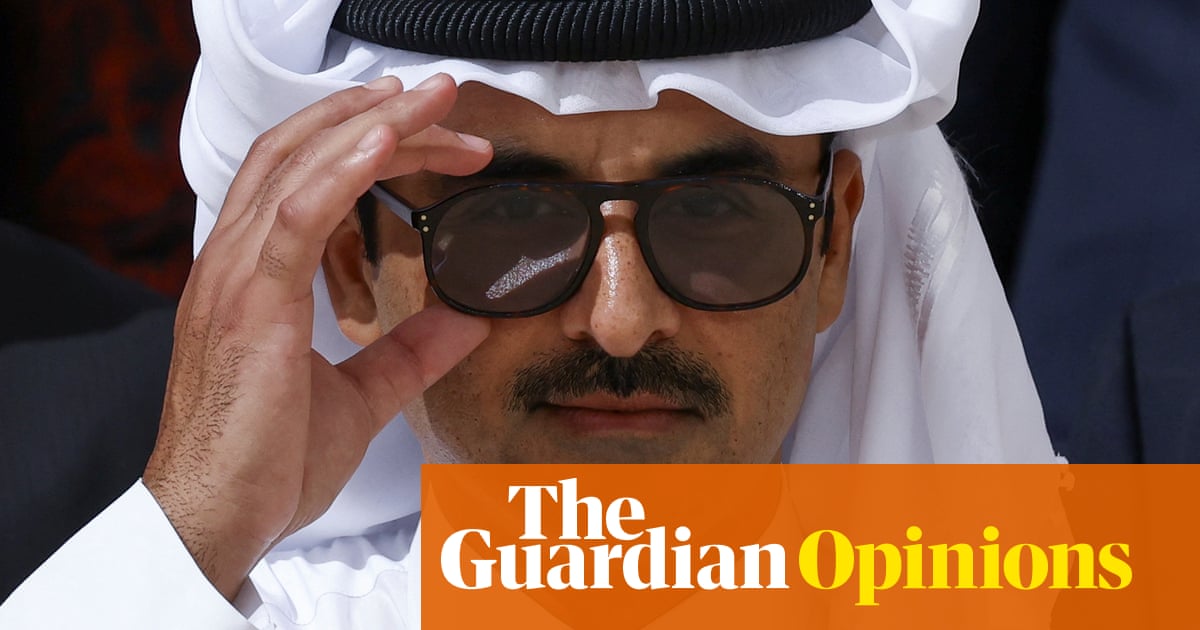
The once controversial procedure is now a growing trend In the Middle East, with the UAE and Saudi Arabia leading the region
More couples who find it difficult to have children are turning to fertility treatments as it has become more acceptable
DUBAI: More than 40 years ago, on July 25, 1978, the first person to be born through IVF — Louise Brown — was delivered at a hospital in Oldham, in northern England.
The newborn, weighing 5lbs 12oz, became the center of what was, at the time, a controversial global debate about the ethics of the procedure. But to childless couples around the world, including the Middle East, Louise was also a message of hope.
In the past four decades, more than 8 million babies have been born through IVF. Today, according to experts, the procedure is growing in popularity, particularly in the Middle East, leading to a burgeoning fertility market in the region — most notably in the UAE and now Saudi Arabia.
“Saudi Arabia and the UAE are leaders in the region when it comes to IVF,” said Dr. Pankaj Shrivastav, who runs the UAE-based Conceive Gynaecology and Fertility, speaking to Arab News on World IVF Day. “Saudi Arabia, in particular, is a growing market because they have more than 30 million people — there is more requirement, and we know that about 15 percent of the female population will, at some point, need help to conceive.
“Couples are turning to IVF not because of some sort of fad, but because the stigma has been taken out of infertility treatment. Infertility is a common issue globally and regionally, and when they have tried unsuccessfully to conceive for a few years, couples do not see it as a problem or as unusual to seek help. They willingly come forward, especially men who are beginning to accept male infertility is also an issue.”
Experts cite a host of reasons for IVF’s upward trend in the region — a growing population, rising infertility rates, and awareness of fertility treatments and medical advancements. More recently, couples have also been using IVF for “family balancing,” otherwise known as gender selection. “Across the globe and in the MENA region and Saudi Arabia, fertility rates are decreasing as a result of an increase in the female literacy rate and an aspiration to be economically independent, which has resulted in late marriages having a direct impact on fertility,” said Mansoor Ahmed, director of health care at the advisory firm Colliers International.
“Male infertility is also a growing problem that affects about 50 percent of the (infertility) cases in the GCC and the Middle East region, which is creating a demand for IVF and related treatments across the region and in the Kingdom.”
According to estimates by the World Health Organization (WHO), globally about one in 10 women is classified as infertile and needs medical assistance to enable conception. But a Colliers report on IVF suggests that the infertility rate in the region is pegged at about 15 percent — or even higher — with male infertility pinpointed as a particular problem.Hoda Abou-Jamra, the international group CEO of Bourn Hall fertility clinic, which has branches in the Gulf, said that several factors encourage growth in the region’s fertility market.
“On one hand, natural fertility rates are trending downwards and many couples are waiting longer to start families, and on the other the incidence of non-communicable diseases (NCDs) attributed to lifestyle factors are on the rise, reducing the fertility of both partners.”
Majd Abu Zant, CEO of HealthPlus Network of Specialty Centers, part of United Eastern Medical Services, said infertility rates have been increasing both worldwide and across the region due to lifestyle factors, including obesity, stress and smoking; as well as socio-economic factors such as the decision to delay childbearing by women who are focusing on their careers.
The company’s Abu Dhabi-based HealthPlus Fertility Center alone performed more than 3,500 IVF cycles in 2018 compared with only 600 in 2011 when it first launched. “As the trend is regional, we have also started our expansion into Saudi Arabia, where we will be opening a state-of-the art fertility center in Jeddah in the coming few weeks, and another in Riyadh early next year,” said Abu Zant.Today, around the world, more than half a million babies are born each year using IVF or other assisted reproduction techniques, with more than 2 million treatment cycles performed every year. The global IVF market, based on various studies, is now estimated to be worth between $10 billion and $12 billion. While there is no definitive data available for the Middle East, experts who contributed to the Colliers report suggest the estimated regional IVF market size to be roughly $1 billion.
Ahmed said the growth of the UAE and Saudi IVF sector “stems not only from domestic demand” but also the success of these countries in promoting medical tourism and availability for infertility treatment “which are of international standard.” The region is also one of the few globally where gender selection is still permitted.
Dr. Human Fatemi, a subspecialist in reproductive medicine and reproductive surgery, and medical director at IVI Middle East Fertility Clinic, said many clinics in parts of the region offer couples the choice to opt for pre-implantation genetic diagnosis (PGD) that can determine the gender of the embryo and additional scan for genetic conditions present in an embryo, before implantation through IVF.
“Genetic diseases such as haemophilia or Duchenne muscular dystrophy can be fatal in boys, which make it a primary reason for couples opting to know the gender of the baby. In addition, there are some couples who want to have a balanced family with equal boys and girls to ensure that the kids have siblings of the same gender,” Fatemi said, noting that requests for boys versus girls tend to break down equally.Shrivastav’s fertility clinic in Sharjah also offers PGD. “I had an Emirati woman come to see me just a few days ago, and she told me she had four children, all of them boys,’ he said. “She said to me: ‘Who will take care of me when I am older?’ She actively wanted to choose to have a daughter for this reason.”
Between one in 20 to one in 10 of his clients opts for gender selection. “All the countries in the region are offering it: Jordan, Bahrain, Kuwait, Saudi Arabia and the UAE,” said Shrivastav, who recommends sex selection for genetic abnormalities and diseases.
Dr. Braulio Peramo, medical director at Al Ain Fertility Center, also highlighted that “the fertility market in the next five to the years is expected to change significantly as the IVF treatment is expected to be used not only for infertile patients but also for fertility preservation for women — similar to Western counterparts.”
Prakesh Janardan, director of IVF operations at NMC Healthcare, said its Fakih IVF clinic has seen “significant growth in patients seeking infertility treatment,” highlighting that “the field of reproductive technology is rapidly progressing with many medical advancements leading to improved IVF outcomes.”
New technologies include gametogenesis, in which any tissue from a human body can be converted into artificial gametes that could create an embryo.
Janardan added: “Development in embryo culture medium and emergence of innovative technology such as embryonic genetic testing, detection of genetic diseases before the transfer of embryos … and next-generation sequencing platforms are all creating paradigm shifts in the field of reproductive assisted technology.”











